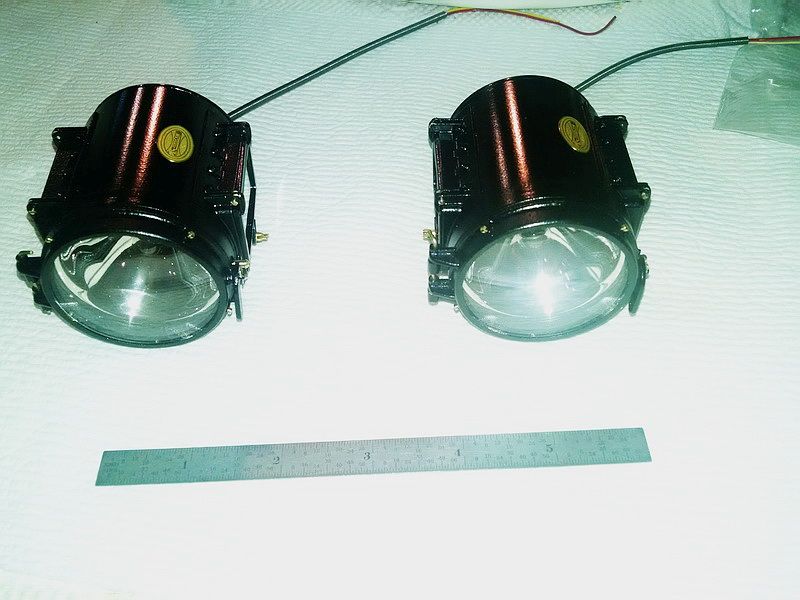Thomas White said:
I use automotive-grade CRC Dielectric Grease on my track joints especially outdoors…states that it seals, lubricates, protects, and insulates electrical contacts.
Anyone want to hammer away at this product?
When you say it insulates (as it indeed is not conductive, also the definition of dielectric) it keeps bringing forth comments like Steve’s, if it is an insulator, how does electricity flow, for example a rail joiner filled with grease/oil/dielectric grease/chicken fat/etc.
The reality is that the pressure of the contact allows metal to metal contact in enough areas to conduct. The grease is thing enough to squeeze out so the metal touches. Electricity in reality only needs a small path to conduct.
Here’s a good short article: https://www.w8ji.com/dielectric_grease_vs_conductive_grease.htm
A few good quotes:
“The most frequent Internet complaint is that dielectric grease insulates connections, making connections less conductive. Some call pure silicone grease an “insulating grease”. The general basis for this claim is in the word “dielectric” used in the name. The word dielectric is assumed to mean the connection will have future problems because “dielectrics” are insulators. Generally, authors predict greases with powdered metal (in slang “conductive greases”) will improve or maintain connection quality over time while dielectric greases will isolate connections because “that is what dielectrics do”.”
“Internet forums thrive on myths. Forums often claim dielectric grease thermally insulates connections. Forums also claim dielectric grease electrically insulates connections, such as in connectors and on battery posts. Neither is true.”
“The important physical characteristic is that any grease must have low enough viscosity to push out of the way at contact points, be water or liquid resistant, and be stable enough to remain in place as a protectant against moisture and air for a long time. It will not do any good to apply a grease that does not do required functions of excluding air and moisture, and lubricating the interface to prevent galling or fretting, for extended periods of time.”
“Contrary to Internet rumors, advertisements, and articles low viscosity silicone dielectric grease will NOT insulate pressure connections. Silicone dielectric grease will prolong connection life as well as, and have just as good conduction performance, as a properly selected metallic powder grease (conductive grease). On the other hand, and improperly selected “conductive” grease can actually cause connection problems.”
“One incorrect logic is the “dielectric” in “dielectric grease” means the grease should only be used to insulate. All greases work by the low viscosity allowing the grease to completely push out of areas with metal-to-metal contact. Dielectric grease is just better at holding off high voltages over long paths.”

